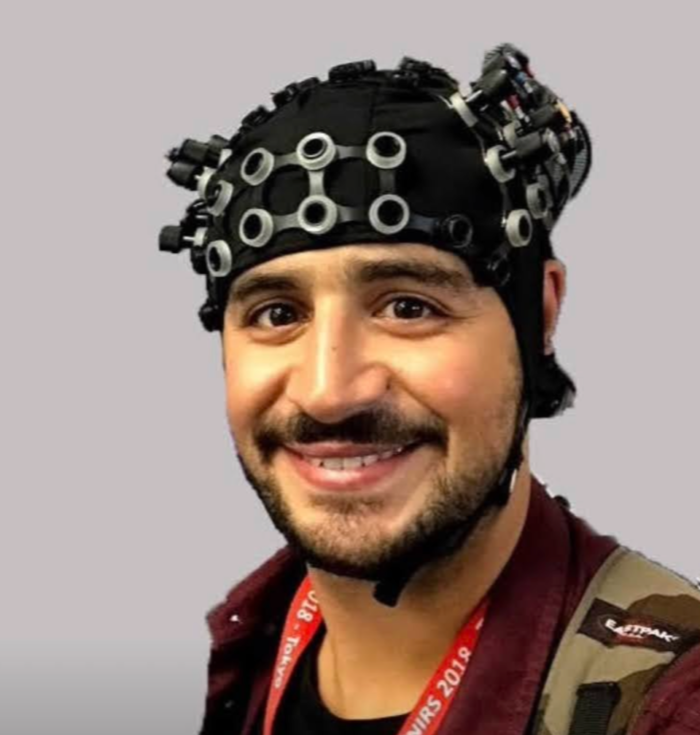The CHI'24 Workshop on Future of Cognitive Personal Informatics
Sun 12th May 2024 - CHI'24 - Honolulu, HI, USA
-
While Human-Computer Interaction (HCI) has contributed to demonstrating that physiological measures can be used to detect cognitive changes, engineering and machine learning will bring these to application in consumer wearable technology. For HCI, many open questions remain, such as: What happens when this becomes a cognitive form of personal informatics? What goals do we have for our daily cognitive activity? How should such a complex concept be conveyed to users to be useful in their everyday lives? How can we mitigate potential ethical concerns? This is different to designing BCI interactions; we are concerned with understanding how people will live with consumer neurotechnology. This workshop will directly address the future of Cognitive Personal Informatics (CPI), by bringing together design, BCI and physiological data, ethics, and personal informatics researchers to discuss and set the research agenda in this inevitable future.

The Aims of the Workshop
- Disambiguate and consolidate the broad set of ideas coming from the community
- Identify and unpack a series of Key Challenge Scenarios to help focus an agenda for the community
- Explore the ethics and design space for these Key Challenge Scenarios
- Strengthen the network between researchers and foster interdisciplinary collaboration in the community




